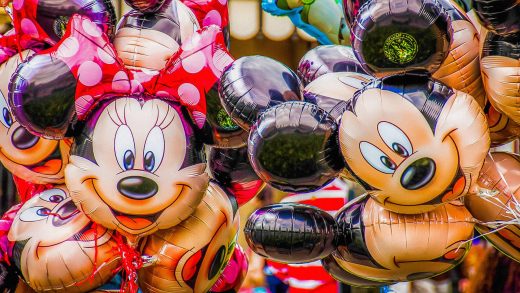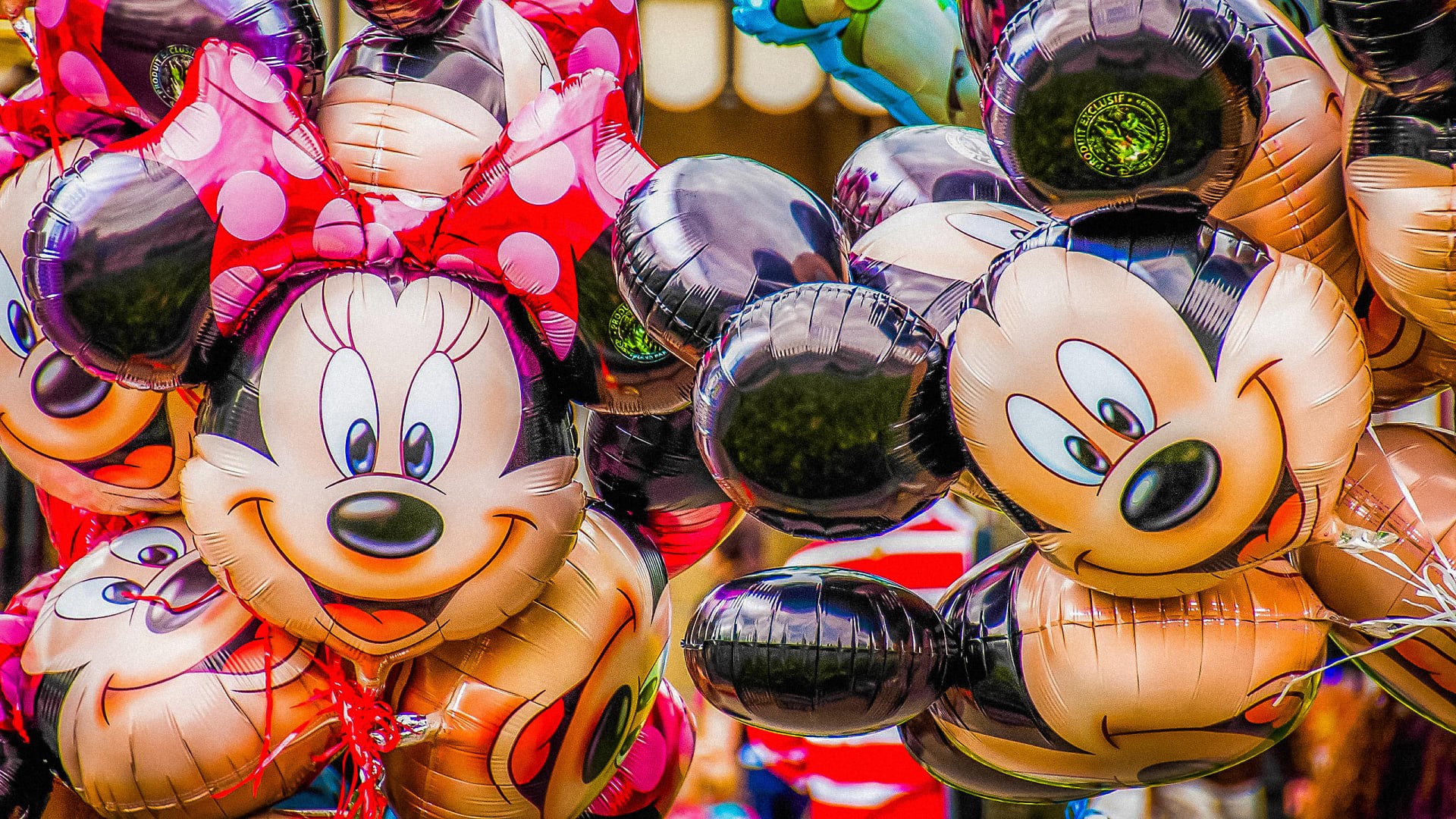End of an era: Disney Parks no longer the profit juggernaut they once were
End of an era: Disney Parks no longer the profit juggernaut they once were
Facing high levels of inflation, Disney theme park demand has softened. Some consumers aren’t willing to pay the high ticket price.
Demand for the most magical place on earth is softening.
On Wednesday, the Walt Disney Company released its quarterly earnings reports. The company saw a net positive quarter, thanks to a bump from streaming growth and the success of in-theater hits such as Inside Out 2. Still, there was one sour spot: Disney’s theme parks.
The Disney Parks financial report was weaker than expected. Revenue increased only 2% from the previous year, hitting $8.4 billion. Meanwhile, operating profit declined 3% to $2.2 billion. In its executive commentary, Disney blamed this shift on a “moderation of consumer demand” that “exceeded our previous expectations.”
Disney is not alone in this slowdown: Both McDonald’s and Lamb Weston, the food processing company for which McDonald’s is its biggest customer, reported softened demands this quarter, citing inflation as the primary culprit. The park profit sag also has staying power. In the commentary, Disney wrote that the “demand moderation we saw in our domestic businesses in Q3 could impact the next few quarters.”
The Parks have been crucial to Disney’s profit
Disney Experiences, the division that includes the company’s theme park and cruise ventures, has seen a significant boost in the past few years. In 2023, the division made up 70% of Disney’s operating income, compared to 30% a decade prior. Much of this has to do with the post-pandemic return to travel. Consumers are more likely to shell out big money on a trip; Disney offers them a destination.
While the quarterly earnings were still beneficial for Disney, the Experiences profit dip could signal a turnaround on this recent travel boom. Consumers are still responding to the inflationary environment of the past three years. Disney hasn’t been immune from these price hikes; Walt Disney World raised its prices by up to $10 per ticket for 2025.
The success of the Experiences division could also be critical for Disney’s ongoing succession drama. When formerly retired CEO Bob Iger took over for disgraced predecessor Bob Chapek, the company began looking for a new leader to helm the entertainment company. According to Vanity Fair, that list has now been narrowed down to four, with Josh D’Amaro, chairman of Experiences, among the hopefuls. A downturn in the Experiences operating profits could diminish his chances.
Disney isn’t the only company struggling under inflationary conditions
Softening demand in the current economic environment isn’t unique to Disney parks. While the inflation rate has now settled back down to 2.97%, consumers are still reeling from the pricy turns of the past three years, with the rate reaching a peak of 9.06% in June 2022. Everyday costs are now more expensive, leaving less budget for discretionary spending, like travel. Even the job market is slowing down.
Another market hit hard by inflation-softened demand has been fast food. McDonald’s, once the pinnacle of cheap eats, has had to raise its prices to counteract economic pressures. The cost of fries at the Golden Arches has increased 44% in five years. Buyers revolted, leading to the first dip in sales since the early pandemic. McDonald’s has slowly been coaxing customers back in with promotions, such as Free Fry Friday and the limited-time $5 value meal.
The list goes on. Lamb Weston’s Q2 earnings-per-share were down 74%; their CEO blamed lower restaurant traffic on inflation-strapped customers. Worse off is the luxury market—with high prices all around, ultraexpensive clothing items may be less appealing. The Disney Parks appear to be joining these ranks, at least for this quarter. No one, not even Disneyland, can outrun inflation it seems.
ABOUT THE AUTHOR
(7)



